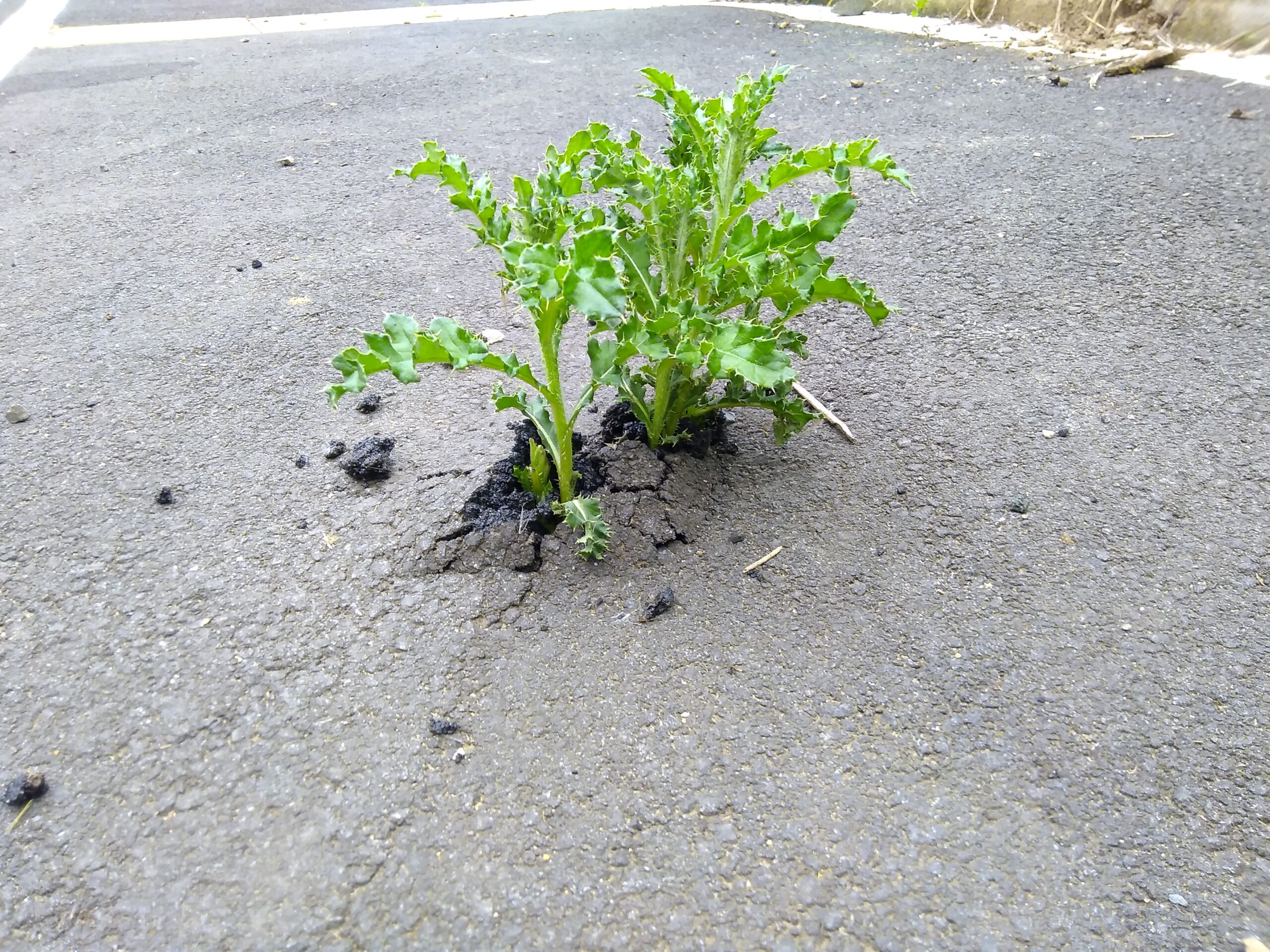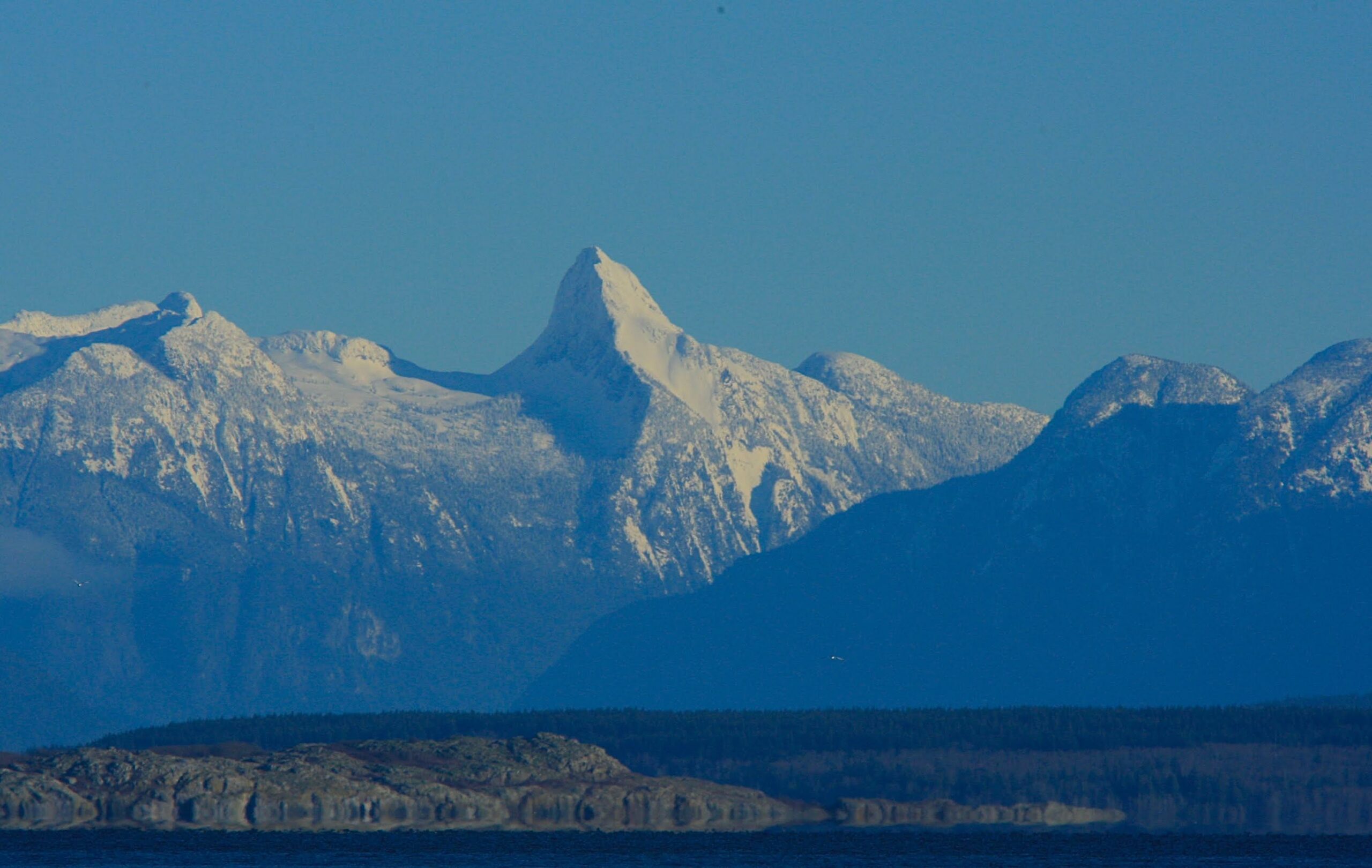We now all know – except those who are strenuously doing their best to deny it – that the Earth is in grave danger. The conditions for human life, even the conditions for life itself, are severely threatened. There have been previous radical shifts of climate as well as catastrophic mass extinctions across the almost 4 billion year history of life on earth. What is unique about this particular crisis is that we have no doubt what is causing it. We are. The Intergovernmental Panel on Climate Change (IPPC) 2021 report says that it is “unequivocal” that human activity has warmed the atmosphere, ocean and land. They used the same word in their last major science assessment report in 2013. Eight years on they add that without immediate and drastic cuts in emissions, the crucial threshold of 2°C warming will be crossed and all life thrown into chaos, resulting in unimaginable destruction and suffering.
Information about the causes and effects of climate emergency, habitat destruction and loss of biodiversity is readily available. There is also no shortage of advice and encouragement as to what we can do about these present and immediate threats. This course – Contemplating Earth – has a particular scope and intention. We want to focus on a fundamental aspect of the human response to this stark uncovering of our current endangered situation. Because the challenge now facing us is so total – so immediate and vast – there are many ways of trying to approach and understand it. The course will not ignore the different perspectives on this global existential threat: scientific, political, social, ecological, cultural and economic languages are all central in addressing the great danger of our times. We hope that some references in the text and the embedded links to opportunities for further exploration will point you in whichever direction your interest and enthusiasm takes you. Primarily, though, the course wants to explore the ways in which the shared practice of contemplation might be fundamental in enabling us to authentically engage with all those many areas of human discourse, to act wisely and urgently in our politics, to live through this current crisis – fully, creatively and collectively.
Because contemplation and its practice is where the course invites you to place your attention, it doesn’t offer detailed accounts of the science, sociology or economics of Earth’s current ongoing catastrophe. The course takes that as read, as well as pointing out where more reading can be done, if you want to. The physical effects, however, of the catastrophe – the evidence that is all around us – must be our unavoidable starting point. Some of the material presented or recommended in the course is inevitably painful, to the point of being heartbreaking. But perhaps this is the point we need to reach. Maybe having our hearts broken is the only way that they can be truly opened. Contemplation might be the practice that enables us to keep them open – to ourselves, to each other, to the Earth and all that lives here. Describing contemplation in the previous paragraph as “the shared practice” is key. John Main who contributed so profoundly to the continuation of the Christian contemplative tradition has memorably said that “meditation creates community.” The whole Earth has never before depended so profoundly on humanity’s realisation of what true community is.
The course is here for you to take at your own pace and in your own time. It is structured as an INTRODUCTION and five MODULES. There is also a final additional section, detailing some of the many further resources you can access as your learning continues.
INTRODUCTION
- NOW /APOCALYPSE
- HOPE
- INTIMACY
- DIFFFERENT DREAMS
- TRANSFORMING CONSCIOUSNESS
MORE RESOURCES
Each module is further made up of six Topics. The first three will reflect on aspects and issues connected with the main theme of the module. Topic Four offers a range of questions and prompts to aid personal reflection. Topic Five is an invitation to practice meditation as part of the unfolding encounter with the course. Grounding the learning in your own embodied experience in this way is an essential part of the course. Topic Six offers a range of suggestions – video, audio, websites, books, organisations – through which you can extend your exploration of this boundless area.
What you will discover in this course:

Intro
Introduction.
The introductory module offers an overview of the material and themes of the course. It also places the Earth’s current crisis within the evolutionary context of human history and of the planet itself. A fundamental question is addressed: what is our understanding of contemplation and what is its relationship to the action we must all engage with now in order to protect life on Earth?

Module 1
Now/Apocalypse
We need to wake up to the now of our historical moment and the Now of eternal renewal. Understanding apocalypse not as The End, but as an unveiling of essential truths will help us do both. We need to see through the world’s invented models of scarcity that have caused so much damage and social injustice. What is it that has led to humanity being described as “the affliction of the Earth.”?

Module 2
Hope
Before there can be hope we must acknowledge what arises in us as we face our reality: probably grief, shame, rage, despair and much else besides. To make sure what hope arises isn’t “hope for the wrong thing” we need to listen to the Earth herself and humbly participate in her evolutionary story. The prophetic and pragmatic voices of Thomas Berry, Teilhard de Chardin, Joanna Macy, St Benedict and many others help show us the way.

Module 3
Intimacy
Humanity is in the grip of “the illusion of separateness”; a fundamental sadness and loneliness underpins our existence as individuals and as a species. We have forgotten our profound connectedness – our shared identity – with all that is. Thich Nhat Hanh’s interbeing is all around us and within us, waiting to be rediscovered. We need to go to ground, remove ourselves from the centre, find again “the ecology of the heart”.

Module 4
Different Dreams
The dreams of technology, scientific progress, economic growth and individualism have turned into nightmares. We need to reject these cultural narratives and live by other, more generous stories. The very different dreams of the Australian Aboriginal people and of the shaman can help us to wake up now, as can the dream of the Earth herself. In this way we resist and transform “the Powers” that threaten to hold us captive. Contemplation is subversive.

Module 5
Transforming Conciousness
We are plagued with fears and the desire to know. We keep asking ourselves, what if? Jesus, the Buddha and all wisdom teachers encourage us to rediscover the consciousness that doesn’t attach to anything, that doesn’t need to know. From that will arise everything necessary. This is what it is to “sit like a mountain” or even “think like a planet”. As we do this we enter into true community – our best and only hope.
